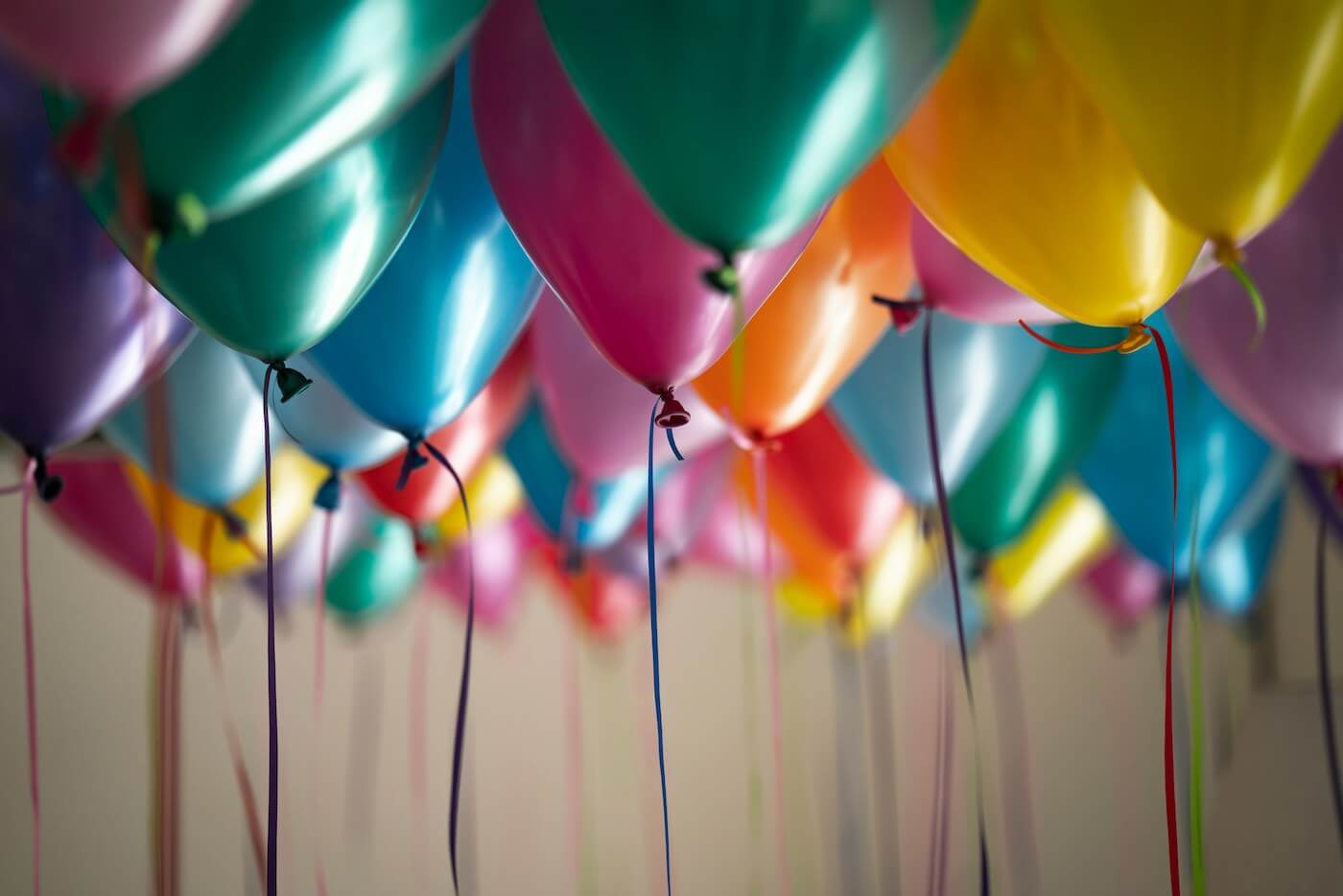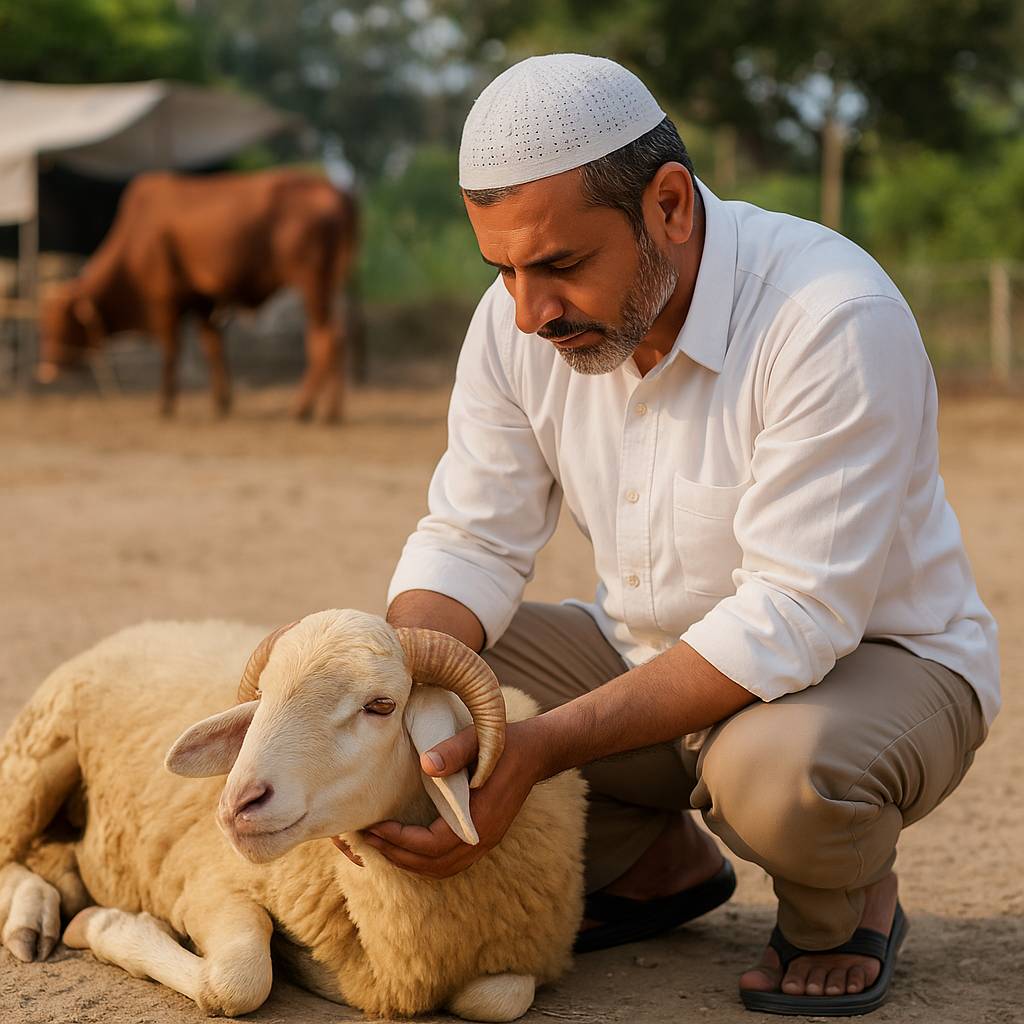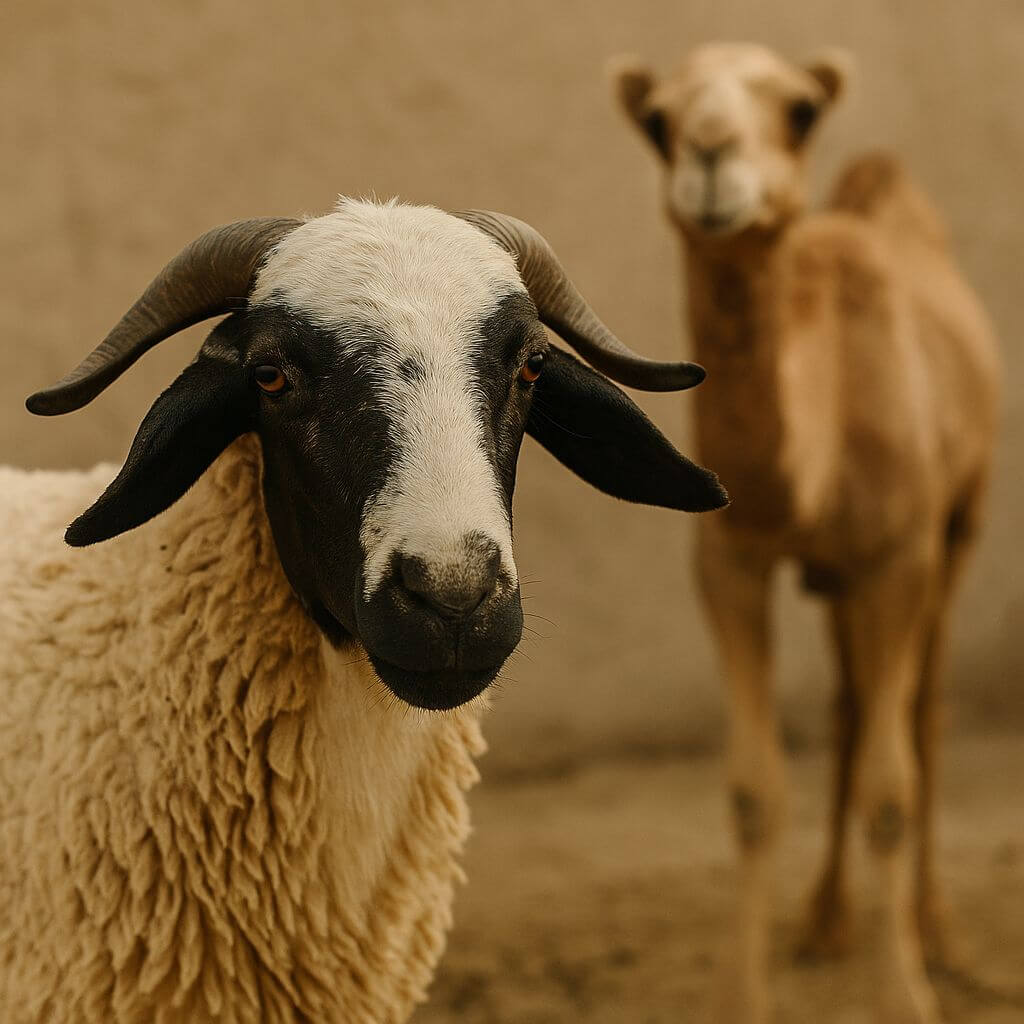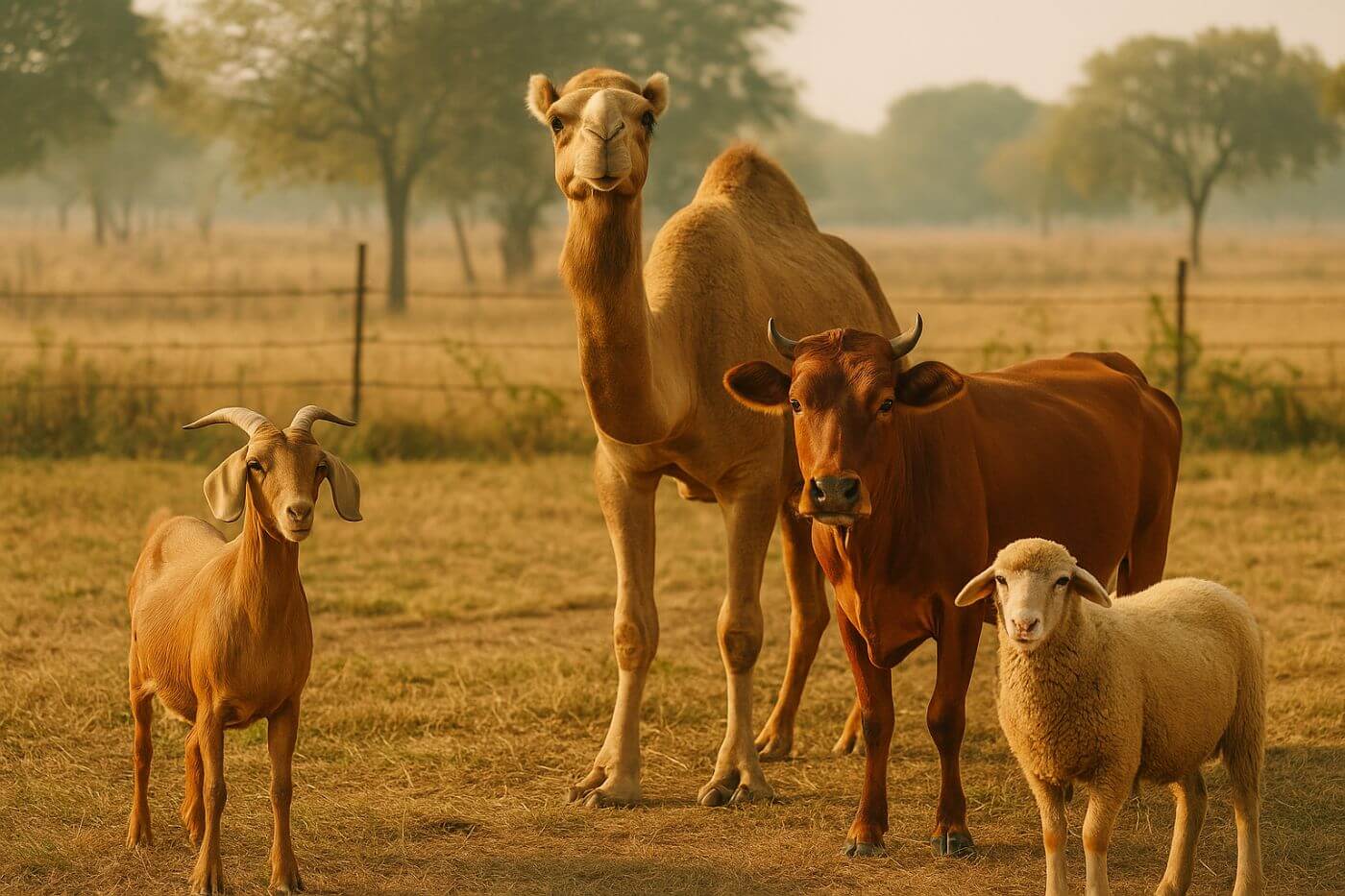
Eid 2025 in Australia: Traditions, Food, and Community Gatherings
How is Eid Celebrated in Australia?
Eid is a time of joy, unity, and gratitude for Muslims across Australia. Whether it is Eid al-Fitr, marking the end of Ramadan, or Eid al-Adha, the festival of sacrifice, Australian Muslims come together to pray, share meals, and engage in cultural festivities.
Australia’s multicultural Muslim community—comprising people from Middle Eastern, South Asian, African, Turkish, and Southeast Asian backgrounds—celebrates Eid with a blend of Islamic traditions and cultural customs.
Here is how Muslims across Australia celebrate Eid.
1. Eid Prayers and Religious Gatherings
Eid begins with the special Eid prayer (Salat al-Eid), held in mosques, parks, and community centres across Australia. Muslims wake up early, perform ablution, wear new or traditional clothing, and head to the mosque for congregational prayers.
Major Eid prayer locations in Australia include:
- Sydney: Lakemba Mosque, Auburn Gallipoli Mosque
- Melbourne: Preston Mosque, Coburg Islamic Centre
- Brisbane: Kuraby Mosque, Holland Park Mosque
- Perth: Perth Mosque, Thornlie Mosque
After the prayer, worshippers exchange Eid Mubarak greetings, embrace each other, and engage in supplications, thanking Allah for the blessings of the occasion.
2. Family Gatherings and Eid Traditions
Eid is a time for family reunions, where loved ones gather to share meals, exchange gifts, and strengthen bonds. Common traditions include:
- Cleaning and decorating homes to welcome guests.
- Wearing new or cultural attire, such as abayas, kurtas, or thobes.
- Exchanging gifts and giving Eidi (money) to children.
- Visiting relatives and neighbours, reinforcing the sense of community.
Many Australian Muslims also take time to visit the graves of loved ones, offering prayers and remembering those who have passed away.
3. Eid Food Traditions in Australia
Food plays a central role in Eid celebrations. While dishes vary based on cultural backgrounds, some common Eid food traditions in Australia include:
Breakfast after Eid Prayer:
- Sheer Khurma (South Asian) – A warm, sweet vermicelli and milk dessert.
- Baklava (Middle Eastern) – Layers of flaky pastry filled with nuts and honey syrup.
- Maamoul (Lebanese) – Date-filled shortbread cookies.
Main Eid Lunch and Dinner:
- Lamb Biryani – A fragrant rice dish with spiced lamb, popular in South Asian and Arab households.
- Roast Lamb or Chicken – A favourite in many Australian Muslim homes.
- Samosas and Kebabs – Served as appetisers or snacks throughout the day.
For dessert, many families prepare Kunafa, Basbousa, or Gulab Jamun, served with tea or Arabic coffee.
4. Community Eid Festivals and Public Celebrations
Large Eid festivals are organised across major cities, allowing Muslims and non-Muslims to celebrate together. These events feature:
- Halal food stalls offering global cuisines.
- Carnival rides and entertainment for children.
- Cultural performances showcasing Islamic traditions.
- Market stalls selling Eid gifts, Islamic books, and clothing.
Popular Eid celebrations in Australia include:
- The Multicultural Eid Festival and Fair (Sydney) – One of the largest Eid events in Australia, featuring food, rides, and cultural activities.
- Eid at the Park (Melbourne) – A family-friendly festival with food, entertainment, and prayer areas.
- Brisbane Eid Festival – A vibrant event celebrating diversity in Queensland.
These gatherings provide an opportunity for the wider Australian community to learn about Islamic culture and celebrate with their Muslim friends and colleagues.
5. Charity and Helping Others
Eid is not just about celebration but also about giving back to those in need. Australian Muslims actively participate in charitable giving, including:
- Zakat al-Fitr, a required charity donation before Eid prayer to help those in need.
- Donating food or money to local and international charities.
- Visiting orphanages, hospitals, or elderly homes to share the joy of Eid with others.
Organisations like ARO (Australian Relief Organisation) run Eid food distribution programs, providing meals to families facing hardship.
How Non-Muslims in Australia Can Celebrate Eid
Australia’s multicultural society embraces diversity, and many non-Muslims participate in Eid celebrations by:
- Attending community Eid festivals to learn about Islamic traditions.
- Wishing Muslim friends, colleagues, and neighbours “Eid Mubarak.”
- Trying traditional Eid dishes or joining an Iftar meal.
- Supporting Muslim-owned businesses and halal food outlets.
These small acts help foster inclusivity and cultural understanding within Australian society.
Conclusion: Eid in Australia as a Celebration of Diversity
Eid in Australia is more than just a religious festival—it is a celebration of faith, culture, and community spirit. From morning prayers to family feasts and vibrant festivals, Muslims across the country come together to mark this special occasion with joy and gratitude.
As Australian Muslims celebrate Eid, it is also a time to reflect on the values of compassion, generosity, and unity that define the holiday.
Support ARO’s Eid Initiatives
Eid is a time of giving, and many families around the world struggle to afford basic necessities. At ARO (Australian Relief Organisation), we are committed to:
- Providing food packs to struggling families.
- Supporting refugee and disadvantaged communities.
- Building sustainable aid projects for long-term impact.
Celebrate Eid by making a difference. Donate Now and share the blessings of Eid with those in need.
Eid Mubarak to all celebrating across Australia.
Related Project: Hunger Relief



